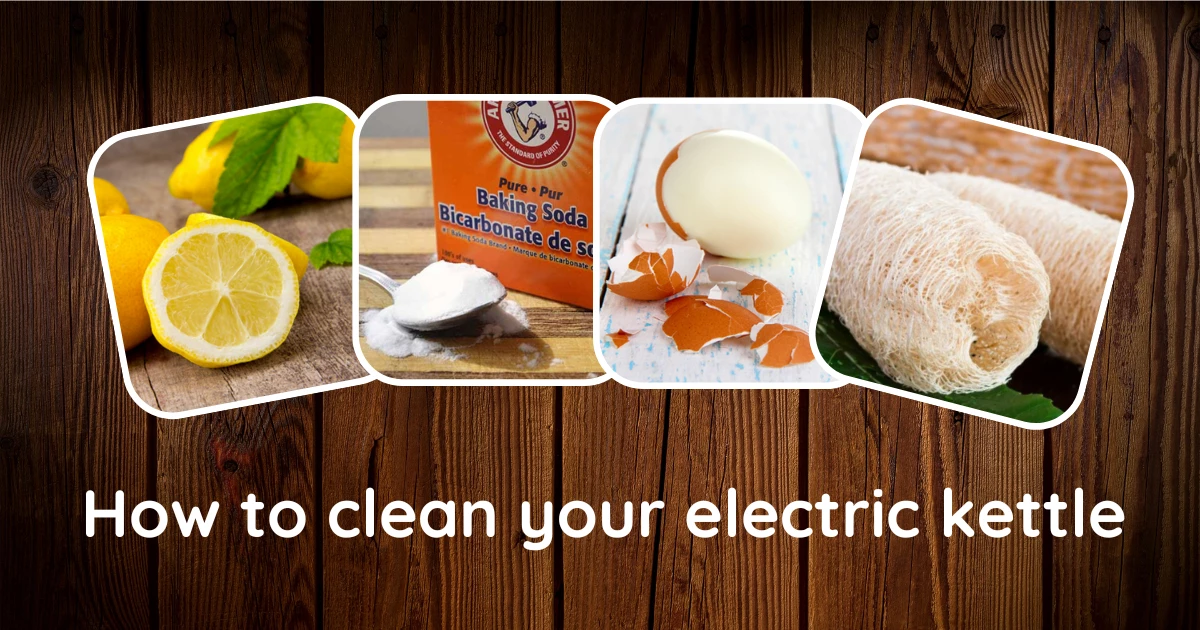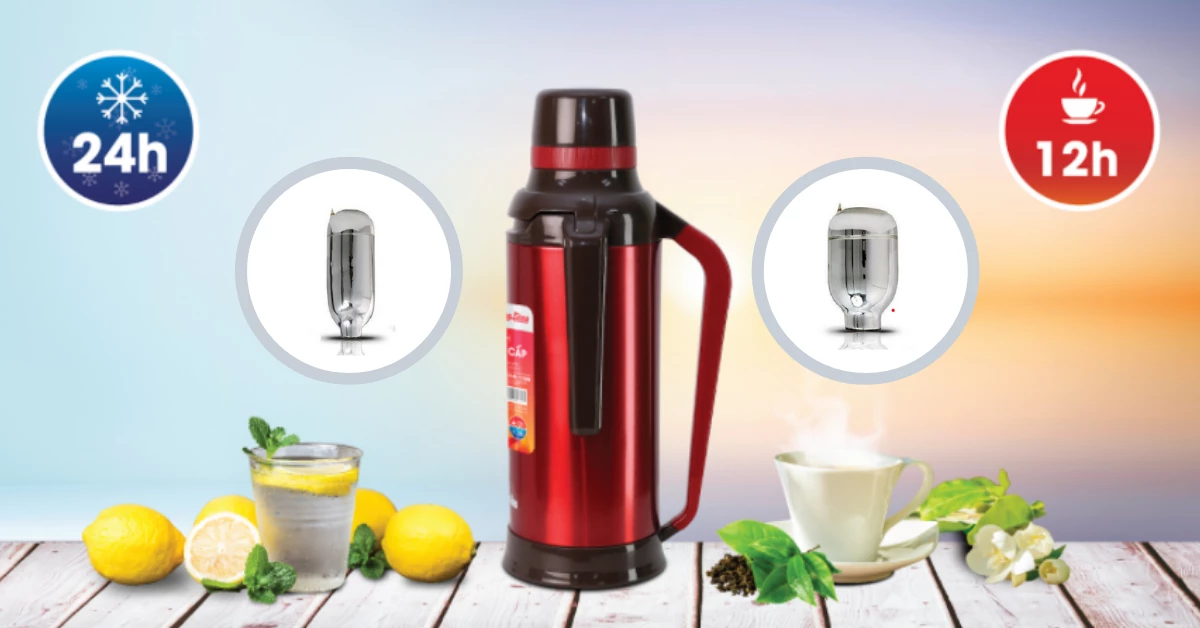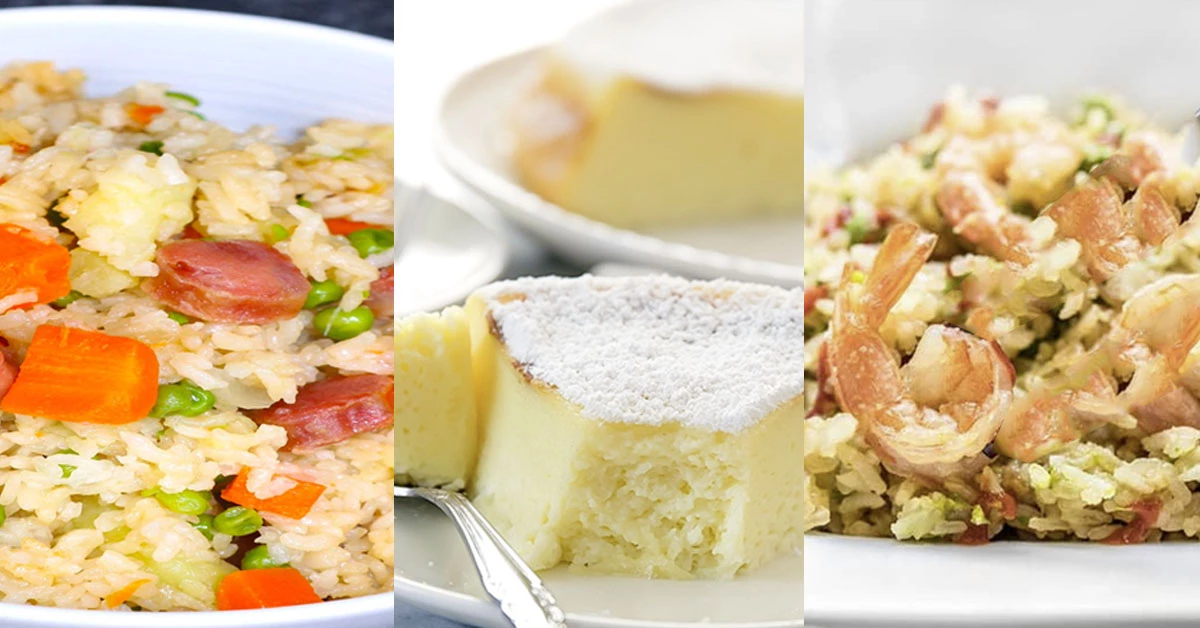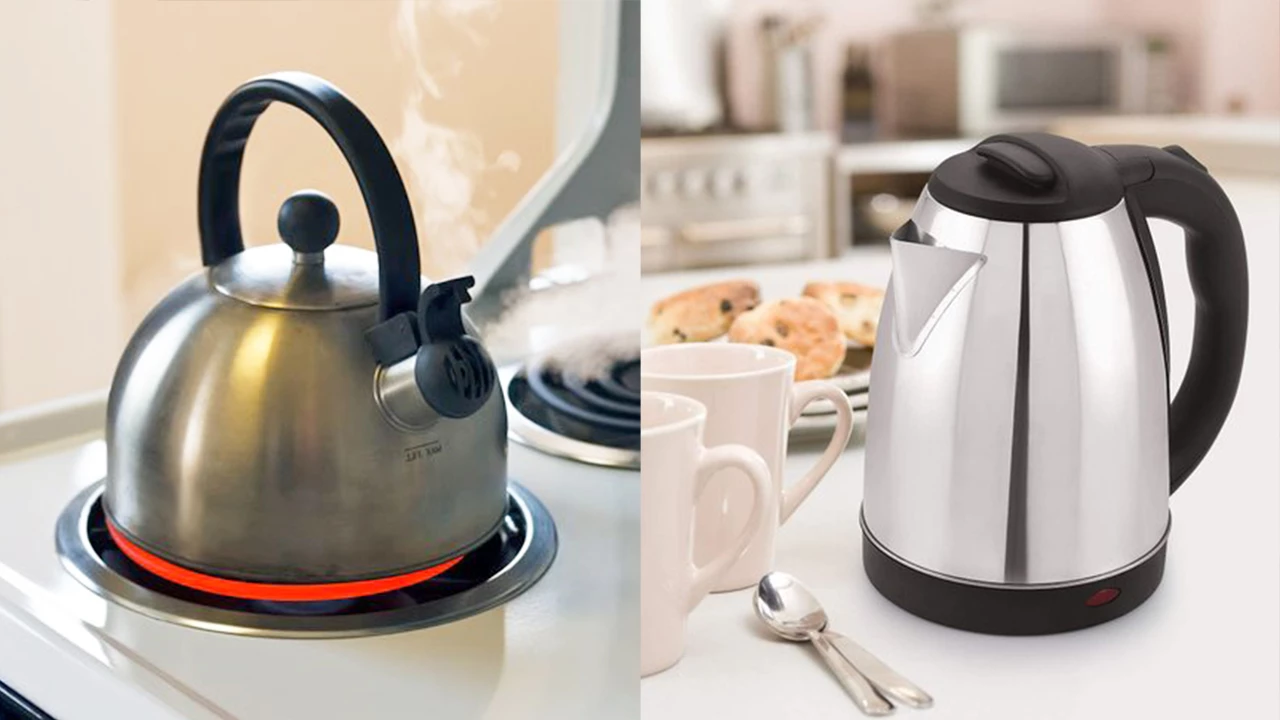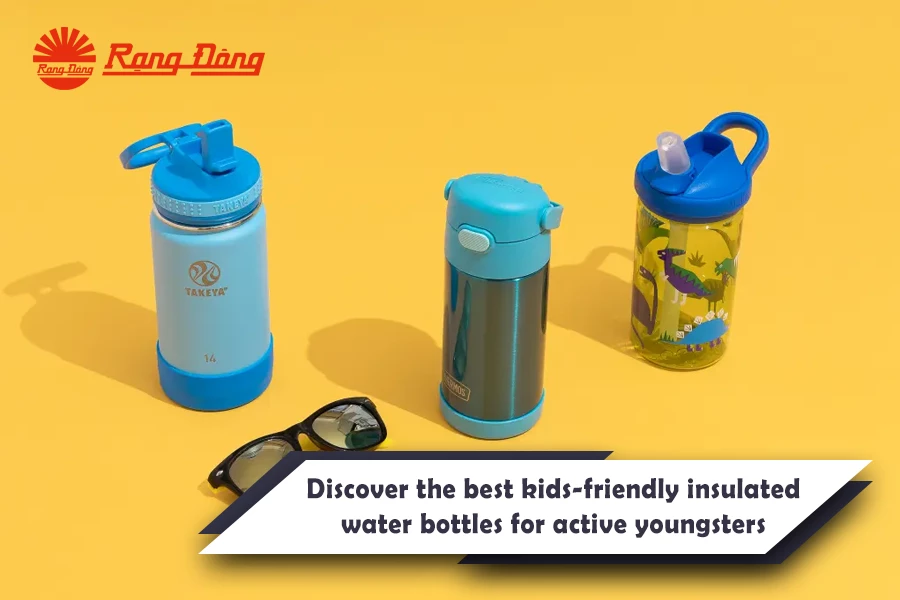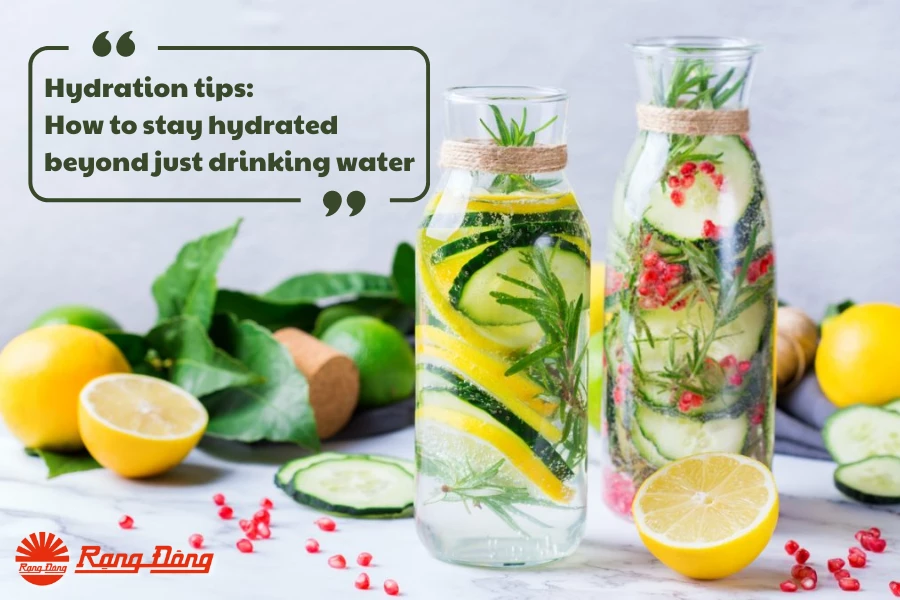Types of food and drink avoid storing in a vacuum flask
While a stainless steel vacuum flask is an effective tool to keep the temperature of drinks throughout the day, it is not universally suitable for all types of liquids. Several substances can interact negatively with the flask’s interior, potentially leading to hygiene issues, structural damage or even health risks. In this article, we identify three specific types of food and drinks that should not be stored in vacuum flasks. Understanding the types of food and drink that should not be stored in a vacuum flask will help users ensure both personal safety and product lifespan.
Although stainless steel vacuum flasks are a reliable and versatile solution for daily hydration, it is essential to understand which substances may compromise its performance or safety.
Dairy-based beverages, acidic liquids and carbonated drinks should be avoided due to risks such as bacterial contamination, chemical corrosion and pressure build-up.
Dairy-based beverages
Many users usually store formula milk in a stainless steel vacuum flask, thinking it is safe and convenient. However, this habit poses a risk to their own health.
Dairy products are highly perishable and particularly sensitive to time and temperature. Storing milk, yogurt drinks or protein-based smoothies in a stainless steel vacuum flask may seem convenient, but the practice can encourage rapid bacterial growth, especially if the flask maintains a warm environment.
Besides, storing dairy-based products in a high-temperature environment can reduce their nutrition.
As a rule of thumb, dairy-based beverages should be consumed immediately after preparation and stored only in containers suited for short-term refrigeration.
Diary-based products such as milk and yogurt shouldn’t be stored in stainless steel vacuum flasks.
Acidic liquids
Though acidic drinks such as lemonade and juice are commonly associated with health benefits, they can present long-term risks when stored in a stainless steel vacuum flask. Acids have the potential to chemically react with the metal surface, particularly if the interior coating of the flask is thin, damaged or compromised.
Several problems can be caused by acidic liquids. Firstly, leaching of metal ions may have an impact on the beverage's safety and flavor. Next, a slow deterioration of the flask’s inner lining may reduce its capacity to insulate against heat. Moreover, unpleasant metallic flavors could change the drink's original flavor.
Orange or lime juice, which contains acid, can thin, damage the vacuum flask or compromise its quality.
In order to protect our health and the structural integrity of the vacuum flask, it is advisable to store acidic beverages in glass or food-grade plastic containers.
Carbonated beverages
Soft drink, sparkling water and kombucha release carbon dioxide, which becomes trapped in airtight containers like a vacuum flask. When stored in a stainless steel vacuum flask, the gas can generate considerable pressure over time, especially if the contents are exposed to elevated temperatures.
For carbonated drinks, use containers that are specifically designed to accommodate internal gas pressure.
Pressure accumulation in carbonated drinks could cause lid malfunction, leaks or unexpected bursts.
As vacuum flasks have become more popular in our daily life, using it in a proper way remains essential for consumers to ensure optimal functionality, extend the device’s lifespan while safeguarding our health.
Should you have any questions or request a quotation of Rang Dong products, please send us an email to: export@rangdong.com.vn
Websites: en.rangdong.com.vn and vacuumflask.rangdong.com.vn.

